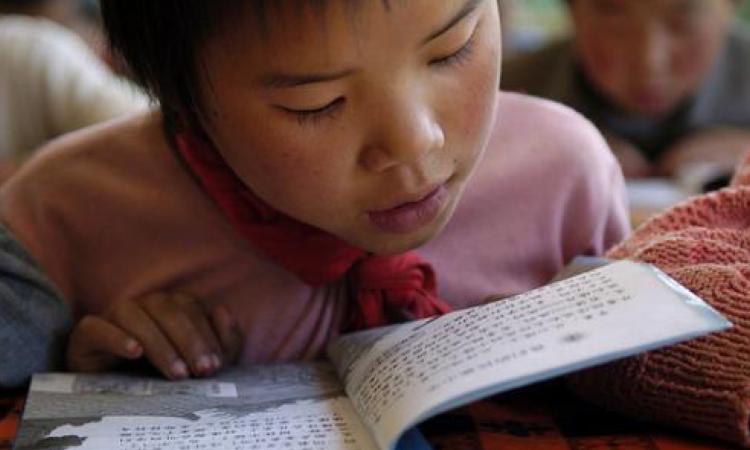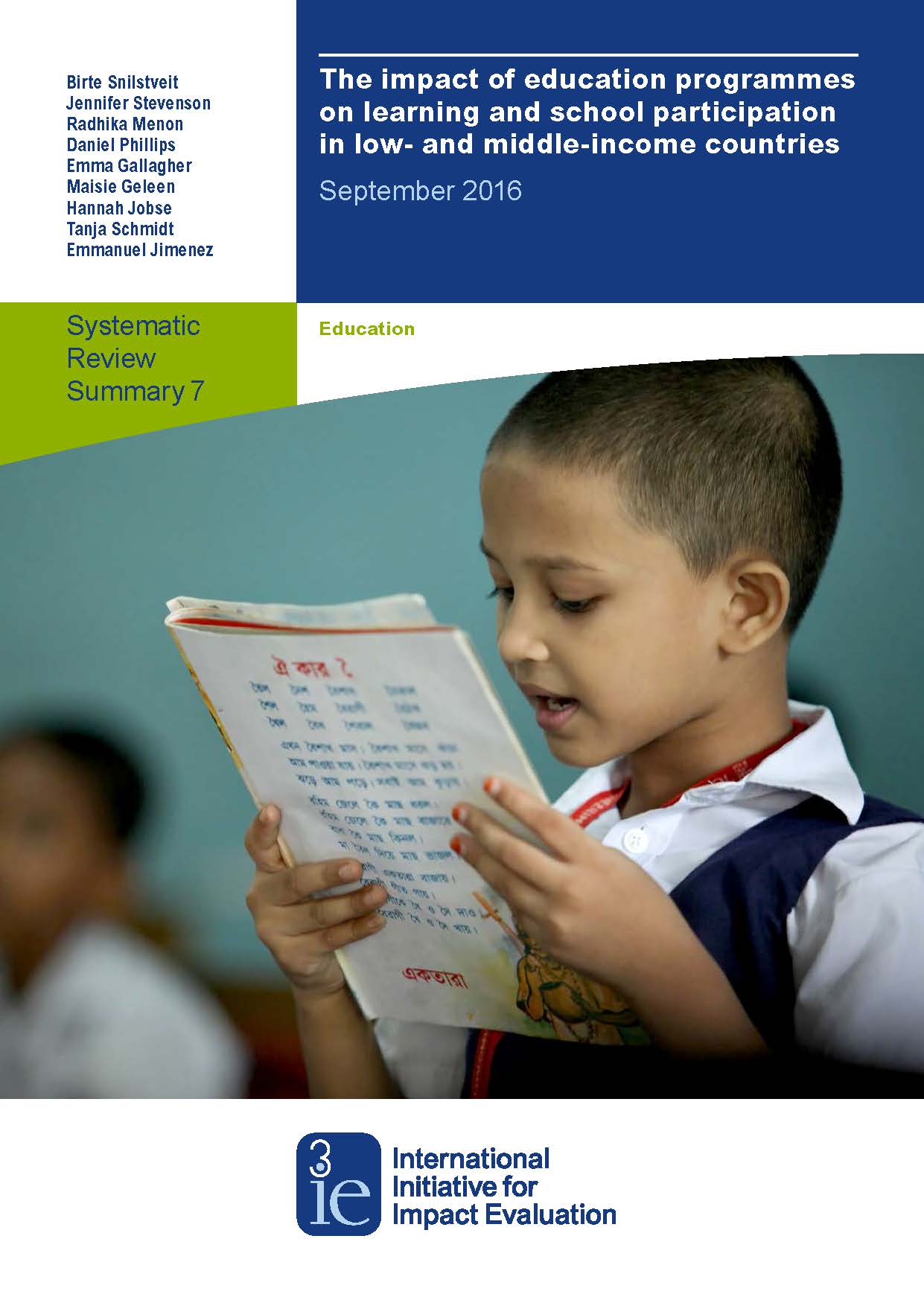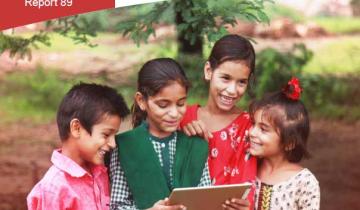Education
According to the United Nations estimates, 103 million youth worldwide lack basic literacy skills, and more than 60 per cent of them are women. The UN’s Sustainable Development Goal for education therefore emphasizes the importance of equitable access to quality education for improving students’ learning outcomes. These goals have ambitious targets to ensure that all students acquire the knowledge and skills needed to promote sustainable development by 2030. To achieve this, a lot more than additional funding is required. Resources need to be directed to education programs and policies that we know work.

3ie supports impact evaluations, systematic reviews and evidence gap maps on education effectiveness that help answer the questions of what works, for whom, why and at what cost. 3ie has supported studies on a variety of education interventions aimed at improving outcomes related to student learning, teacher performance, and functional and effective education systems.
Impacts on learning and school participation
 In 2016, 3ie published the most comprehensive systematic review conducted to date on education effectiveness. The authors examined the impact of 216 education programs in 52 L&MICs. They synthesized evidence on the effects of 21 different types of education interventions on children’s school enrolment, attendance, completion and learning.
In 2016, 3ie published the most comprehensive systematic review conducted to date on education effectiveness. The authors examined the impact of 216 education programs in 52 L&MICs. They synthesized evidence on the effects of 21 different types of education interventions on children’s school enrolment, attendance, completion and learning.The review showed that most education programs typically improve either school participation or learning outcomes; they rarely improve both. To improve learning outcomes, programs need to concurrently address the multiple barriers to quality education.
The evidence and recommendations from this review continue to inform global and national policy dialogues on education in countries such as Uganda, Nepal and Ghana. Evidence from the systematic review has been cited in several important publications, including The Learning Generation: Investing in education for a changing world report produced by the International Commission on Financing Global Education Opportunity and the World Bank’s World Development Report 2018: Learning to realize education’s promise.
From the perspective of a country like Peru, which has a huge challenge of making education a real pathway for prosperity for all its citizens, 3ie’s systematic review and its summary report offer critical insights on the effectiveness of structured pedagogic programs, additional instructional time, remedial education and community engagement. I am sure it will be extremely useful for all government actors, researchers and program implementers throughout the world.
Jaime Saavedra, former minister of education, Peru, and currently senior director and head of the global practice of education, World Bank.
For more information, please write to info@3ieimpact.org.


